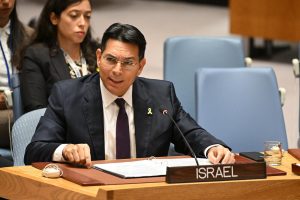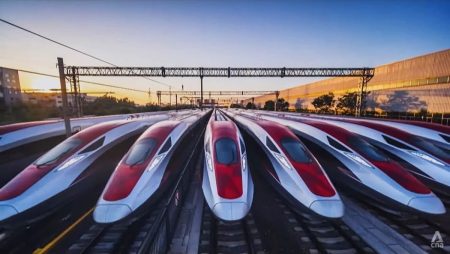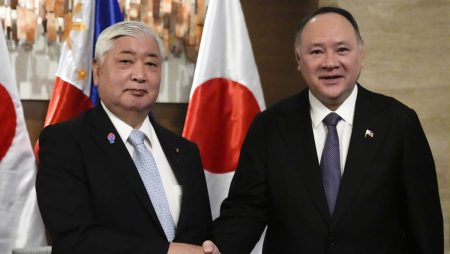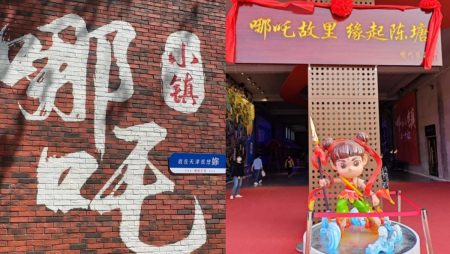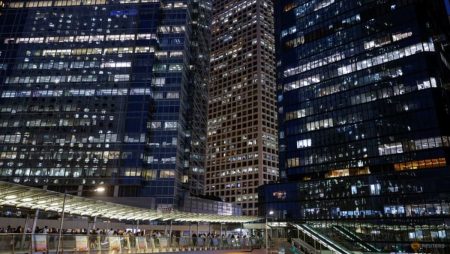The recent dismissal of two Hong Kong cabinet members, Secretary for Home and Youth Affairs Alice Mak and Secretary for Innovation, Technology and Industry Sun Dong, has sparked speculation about potential political motivations. However, analyzing the situation requires caution due to the increasingly opaque nature of Hong Kong’s political landscape. Cabinet reshuffles are not unprecedented in Hong Kong, with previous Chief Executives also replacing officials during their terms. The current dismissals could be interpreted as a strategic administrative decision rather than a purely political move, reflecting the complex interplay of various actors within the Hong Kong government. Chief Executive John Lee’s navigation of this situation suggests a calculated approach to managing these internal dynamics.
The dismissals occur against the backdrop of Hong Kong’s ongoing efforts to revitalize its tourism sector, a key economic driver that has faced significant challenges. The city’s tourism industry, once a major source of revenue, suffered setbacks due to the pro-democracy protests and the subsequent COVID-19 pandemic. While Hong Kong has regained its position as a leading financial center in Asia, the tourism sector’s recovery has been slower. Attracting visitors in the post-pandemic era requires innovative strategies, placing considerable pressure on officials responsible for tourism policy and implementation. The dismissals could be seen as a response to the need for fresh perspectives and approaches to address the evolving tourism landscape.
The Political Appointments System, introduced in 2002, aimed to enhance political accountability by holding appointees responsible for policy outcomes. Since its implementation, several ministers have resigned or been dismissed, highlighting the dynamic nature of political appointments in Hong Kong. While the recent dismissals are the first under Chief Executive John Lee’s administration, they align with the historical pattern of cabinet reshuffles and adjustments. The timing of the dismissals, occurring amidst efforts to revive the tourism sector, suggests a possible connection between the two. The government may be seeking to inject new energy and expertise into the relevant departments to accelerate the recovery process.
Hong Kong’s tourism recovery faces several challenges. The city needs to adapt to changing travel patterns and preferences in the post-pandemic world. Competition from other regional destinations also poses a significant hurdle. Moreover, the lingering effects of the political protests and the subsequent changes in Hong Kong’s political landscape may impact visitor perceptions. Overcoming these challenges requires a comprehensive and strategic approach, potentially involving changes in leadership and policy direction. The dismissals of the two cabinet members could be part of a broader strategy to address these challenges and revitalize the tourism sector.
The tourism sector’s recovery is crucial for Hong Kong’s overall economic recovery. The sector’s contribution to employment, revenue generation, and overall economic activity is substantial. A successful revival of tourism would not only boost the economy but also enhance Hong Kong’s image as a vibrant and attractive destination. The government’s efforts to attract visitors require careful consideration of the changing global tourism landscape and the specific challenges facing Hong Kong. Adapting to new travel trends, diversifying tourism offerings, and addressing visitor concerns are essential for achieving a sustainable recovery.
While the precise reasons behind the cabinet dismissals remain somewhat unclear due to the opacity of Hong Kong’s political system, they likely reflect a combination of factors. The need to address the challenges facing the tourism sector, the desire for fresh perspectives and leadership, and the inherent dynamics of political appointments may all have played a role. The government’s subsequent actions and policy decisions will provide further insights into the long-term implications of these dismissals and their impact on Hong Kong’s future trajectory. The interplay between political considerations, administrative adjustments, and economic imperatives will continue to shape the city’s evolving landscape.
